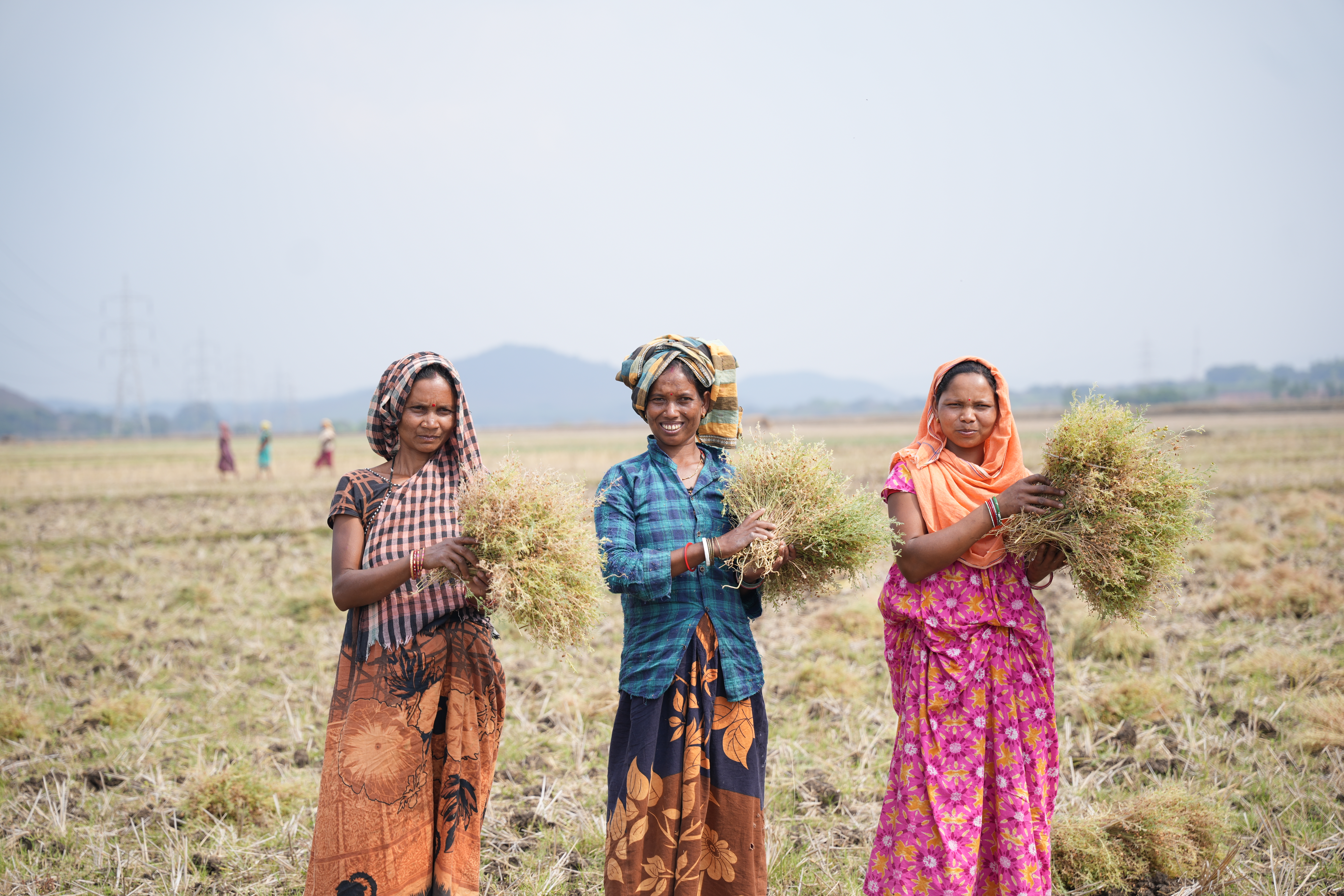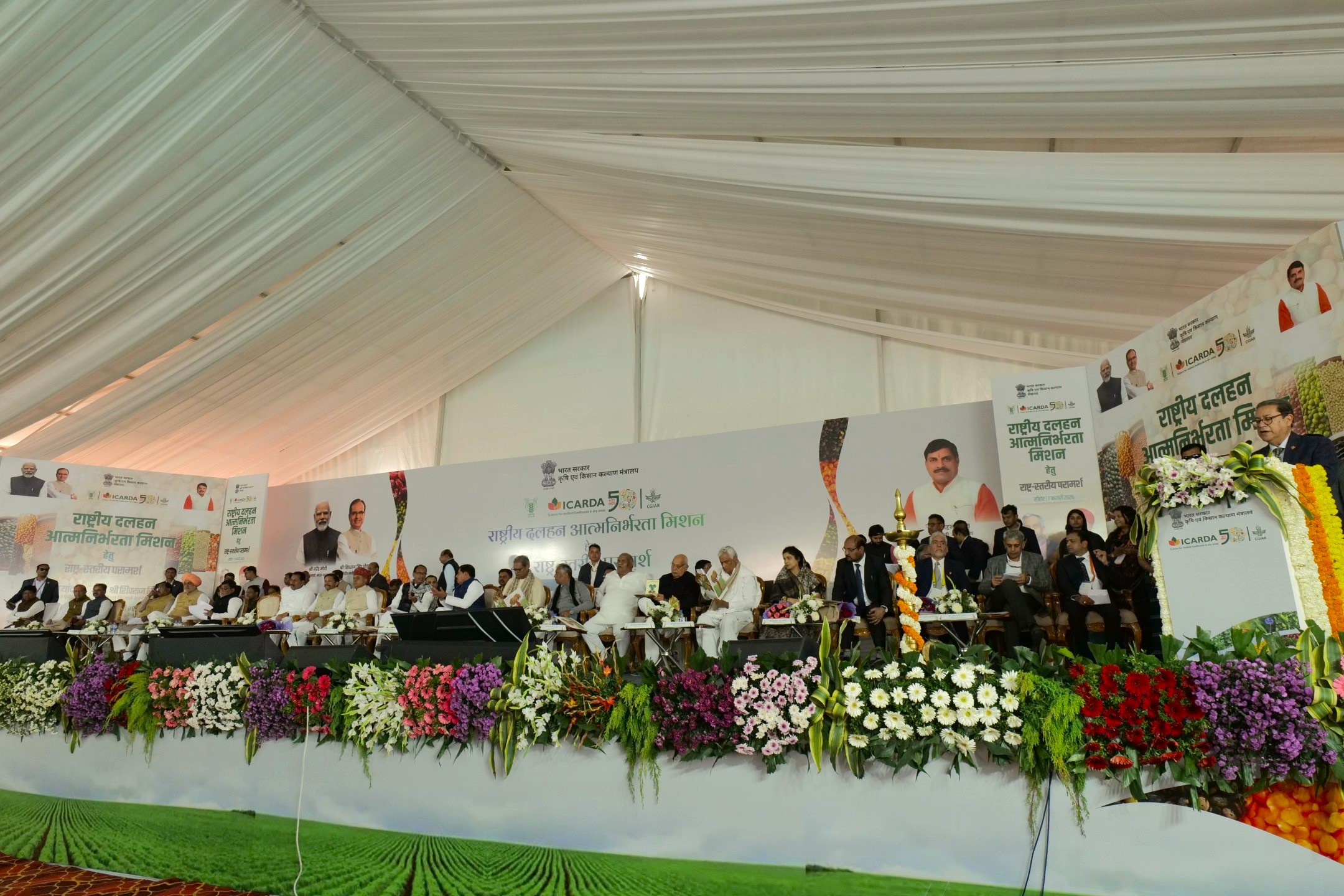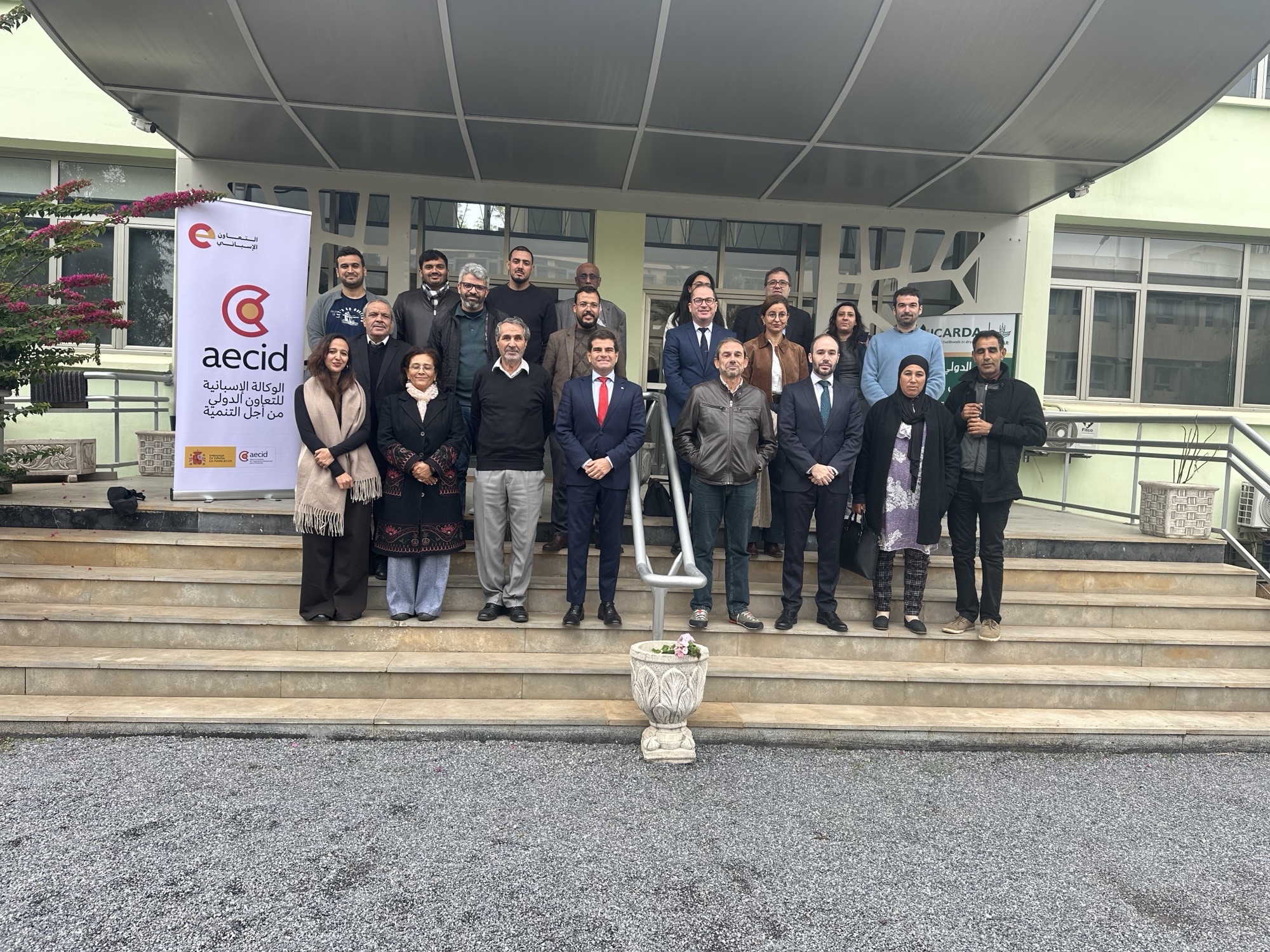Delivering livelihood resilience in 2021
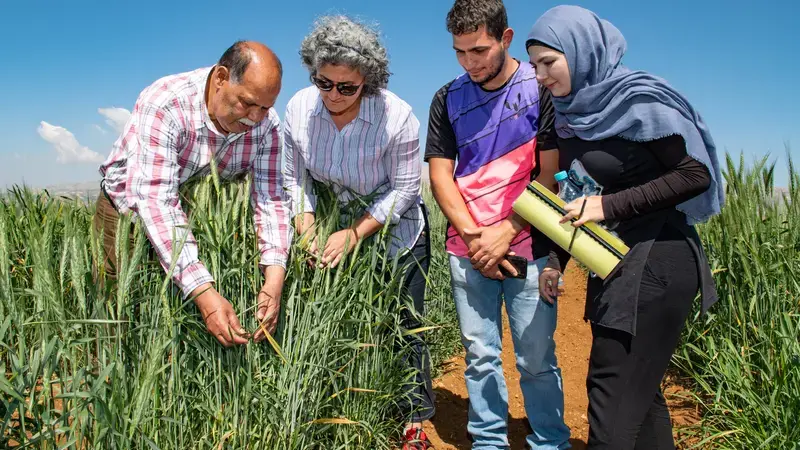
Between COVID-19 and the intensifying impact of the climate crisis, farmers face unprecedented threats and challenges to their livelihoods, particularly in vulnerable dry regions. ICARDA's mission to provide vital livelihoods resilience through innovative agricultural science is more urgent than ever. Alongside CGIAR, and our community of donors, partners, and rural stakeholders, we start the new year with energy, confidence, and a single-minded goal to roll out game-changing agricultural innovations to support farmers in these harsh times, now and in the future.
Our people-centered research includes farmers at every stage to make sure we deliver agricultural innovations tailored to specific agronomic and socio-economic contexts, as well as food and nutritional security where it’s needed most:
CLIMATE SMART CROPS AND GENETIC RESOURCES
- Our award-winning research on climate-smart crops will boost yields and income in sub-Saharan Africa and the MENA region.
Through programs such as the TAAT Wheat Compact in Sudan and Ethiopia and our Food Legume Research Platform (FLRP) in India. These disseminate heat-tolerant, climate-smart wheat varieties, ensure that certified seeds are available to smallholder farmers, and help establish adequate policies and regulatory frameworks that strengthen national seed systems and capacity development.
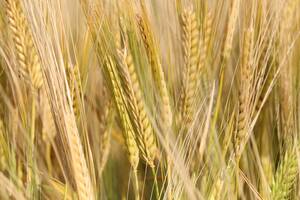
- Our Mechanized Raised Bed (MRB) water-saving package will ramp up wheat productivity, decreases irrigation needs, and promotes crop rotation with faba beans, benefitting farmers throughout Egypt.
- Our genebanks will collect and safeguard more of the drylands’ invaluable genetic resources for global farmers. We will also distribute advanced breeding lines of our mandate crops through our International Nurseries network to more than 50 National Agricultural Research System (NARS) partners in the developing and developed world.
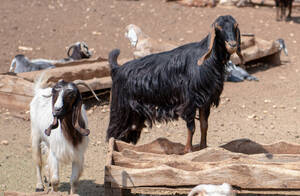
RESILIENT LIVESTOCK SYSTEMS
- Our small ruminant value chain transformation program in Ethiopia will improve more sheep and goat herds through our Community-Based Breeding Program. This and projects such as sheep fattening are business-focused, helping develop profitable markets opportunities for communities. This year we will complete an evaluation of these interventions and how to scale them further.
SUSTAINABLE LAND, SOIL, AND WATER MANAGEMENT
- With the declaration of the International Year on Fruits and Vegetables (IYFV), in 2021 we expect to scale our innovations around cactus pear, a neglected and underutilized crop, across Africa, Asia, and Latin America, impacting farm income and watershed levels. Similarly, with the launching of the UN Decade on Ecosystem Restoration, our agrosilvopastoral systems solutions will be strongly promoted across degraded land in Tunisia and Jordan, alongside a rangeland restoration and governance toolkit.
- Our conservation agriculture in crop-livestock systems will enhance water use efficiency, soil fertility, and crop productivity in the Middle East, North Africa, and Latin America. Knowledge hubs will also be established to raise awareness on no-till, forages, and livestock practices that halt degradation in the first place. Meanwhile, the ICARDA/MIT partnership on ultra-low energy drip irrigation systems will scale up cutting edge, low-cost solar-powered pumping solutions across dry regions.
DIGITALISATION OF RESEARCH FOR DEVELOPMENT
- Our remote sensing and mapping tools provide critical information on weather patterns, biomass, water, and soil productivity. We aim to roll out more advanced open access, big data services to governments, research institutions, and farmers. Mobile tools like AniCloud will offer farmers critical information about climate, training, and services and help them capture and share vital livestock-related data that can be used by researchers and policymakers alike. In 2021, the award-winning Monitoring, Evaluation & Learning (MEL) online platform for research for development and knowledge management co-developed by ICARDA and other CGIAR centers will provide even more multi-stakeholder collaboration and open access data sharing.
MORE INNOVATION IN INNOVATION
We will continue to explore untested or promising new technologies and strengthen our capacity-building support in dry regions:
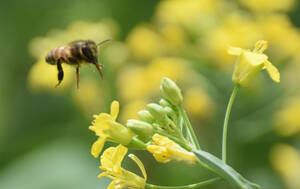
- We will increase farmers’ knowledge on the nutritional and livelihood benefits of diversified cropping systems that incorporate legumes (for food and feed), vegetables, and fruit and nut trees into existing cereal systems.
- Our Farming with Alternative Pollinators (FAP) program will continue to safeguard and support the regeneration of wild pollinators and natural enemies whose activities enhance genetic diversity and plants’ sturdiness, masking them crucial for climate change adaptation. Further, FAP farmers benefit from increased productivity and income on land markedly less infested with pests.
- Our work will continue to rehabilitate rural communities and agri-food systems by restoring seed systems, water systems, and value chains in fragile countries and territories such as Syria, Iraq, and Afghanistan.
- The DryArc initiative aims to bring together the expertise and knowledge from worldwide dry areas to inform a more targeted, systemic, and collaborative global dryland agri-food systems strategy. Led by ICARDA and eight other CGIAR centers, we will include experts from Australia, North/South America, China, and South Asia. All have already developed considerable experience in dealing with the devastating effects of climate change.
THE COMBINED IMPACT OF A OneCGIAR
- The coming together in 2021 of international research centers, including ICARDA, into the OneCGIAR reformulation will result in a better knowledge and asset sharing model, pooled funding, partnerships, and more integrated and targeted research. Better performance on promises and commitments to donors, partners, and farmers alike will take hold, especially in the CWANA region, where ICARDA offers significant expertise.
Climate change is intensifying, and life in dry areas is more challenging than ever. Water is scarcer, populations grow, yet unemployment, unrest, and migration increase, while fragile soil and rangeland are degrading fast, driving a catastrophic loss of biodiversity. Without better resilience, up to 3.8 billion people across these climate-vulnerable drylands will be deprived of their livelihoods.
But through strengthened partnerships and funding, ICARDA can support dryland communities by developing and scaling up our agricultural technologies and innovations. Investing in research will increase rural communities’ ability to adapt to future climate change impacts and other shocks.
We are a leader in dryland agricultural science. Our 40 years of experience in dry regions and the networks we have in Africa and Asia make us uniquely placed to work directly with national agricultural partners to achieve food and water security and move steadily towards realizing the United Nation’s Sustainable Development Goals (SDGs).
We learned many lessons this past year. Above all, we understood our abilities and our limits. But now, we look forward to the more significant challenges and to an even more substantial impact in 2021, especially in the dry regions where our go-to expertise sets us apart.

